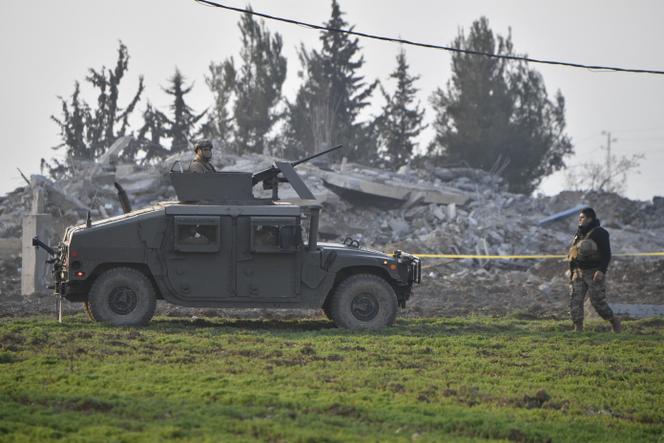

Escalating violence between Israel, Lebanon's Hezbollah increases fears of uncontrollable escalation

The low-key conflict that has pitted Hezbollah against Israeli forces on Lebanese territory since the day after October 7 is moving beyond the border zone in which it has been confined for almost four months, at the risk of turning into open war. The intensification of Hezbollah fire against neighboring territory, and the depth of Israeli strikes in Lebanon, has given rise to fears that the fragile balance of deterrence could spin out of control, while a truce in the Gaza Strip, which could help calm Israel's northern front, has been slow to materialize.
On Tuesday, February 27, northern Israel was hit by the highest number of rockets ever fired from Lebanon since the start of the war – 102 in the space of a day – according to the 1701 Lobby, a pressure group campaigning for intervention to end the Hezbollah threat in northern Israel. The day before, after striking the town of Baalbek, more than 100 kilometers from the border, Israel had carried out its deepest bombardment of Lebanon since October 2023.
Despite this rise in tension, in these exchanges of fire the rules of reciprocity are still at work. Escalation is not desired by any of the parties. "Hezbollah continues to want to fix troops and resources in the north that could be used in the south," said an Israeli military source. Conversely, with its strikes, the Israeli army has managed to inflict significant losses on the Shiite movement and to push back, at least temporarily, its elite Radwan forces.
Both sides still favor a negotiated solution to avoid a war that would be devastating for both sides and which would be difficult for Israel to wage at the same time as operations in Gaza. However, mediation efforts, notably those of France and the US, have yet to produce concrete results. Hezbollah has made the cessation of its operations against Israel, in support of Hamas, conditional on the cessation of hostilities in the Palestinian enclave.
The Party of God has extended its attacks beyond the ten-kilometer border strip in response to Israeli strikes against targets deep inside Lebanon and Syria. On February 14, Hezbollah fired 122 mm Katyusha rockets at Safed, a Jewish holy city, and at the headquarters of the Northern Command, 13 kilometers from the border. Eleven rockets hit the town, one of them killing a soldier, Sergeant Omer Sarah Benjo.
Hezbollah is increasingly resorting to massive rocket salvos, which also serve to test the Iron Dome's interception devices and detect loopholes. Since October 7, according to an Israeli count, 3,000 rockets have been fired at Israeli territory, along with 620 anti-tank missiles, which escape interception because of their horizontal trajectory and the speed with which they reach their target. "Hezbollah is in a reactive mode, escalating only in response to an increase in the tempo of Israeli attacks or when there are Lebanese civilian casualties," said Nicholas Blanford, an expert on the armed movement, in a note for the Atlantic Council.
You have 59.86% of this article left to read. The rest is for subscribers only.
